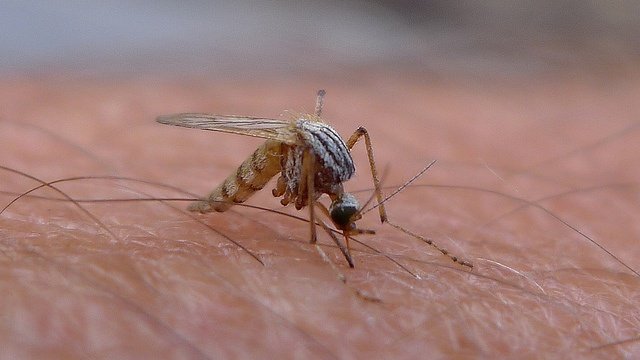With a warm, humid climate and an active system of bayous and waterways, Houston is a veritable breeding ground for mosquitoes. That means it can also be a prime location for Zika virus and other diseases the mosquitoes carry. The more you know about Zika, the better you can protect yourself and your family. A number of helpful hints and Zika virus facts from the Centers for Disease Control and Prevention (CDC) can help you do just that.
Mosquito Bite Prevention Tips
Since no vaccine exists to prevent Zika virus, the most effective way to prevent the disease is to prevent mosquito bites. Insect repellent can come to the rescue, especially if you choose one that’s registered with the Environmental Protection Agency (EPA) and deemed safe for all family members, even breastfeeding and pregnant mothers. You can search for EPA-registered repellents here.
Active ingredients should include one of the following:
- DEET
- KBR 3023, aka picaridin
- IR3535
- 2-undecanone
- Para-menthane-diol (PMD) or oil of lemon eucalyptus (OLE)
Additional bite-prevention tips include:
- Wearing long pants and long-sleeved shirts
- Covering strollers, baby carriers and cribs with mosquito netting
- Ensuring your home’s screens are intact and securely in place
- Using air conditioning instead of opening doors and windows
- Dumping out any standing water around the yard at least once a week
- Protecting yourself during the day and night, as mosquitoes that carry the Zika virus can bite at any time during a 24-hour period
Zika Virus Facts and Tips
Keep an eye out for the symptoms: Rashes, joint pain, red eyes and fever are the most common symptoms of the virus; others include headaches and muscle pain.
Know symptoms aren’t always present: A person can be carrying the virus yet never exhibit any symptoms. The virus can still be spread to the carrier’s sex partners.
Know how it’s spread: A person carrying Zika virus can pass it along to his or her sex partners. Wearing condoms can help prevent spread of the virus one partner to another.
Zika Virus and Pregnancy
Get checked during prenatal visits: The CDC recommends all pregnant women in the U.S. should be assessed for possible signs, symptoms or exposure to Zika virus at each prenatal care visit.
Read More: Zika Virus: Mosquitoes Pose a New Threat to Pregnant Women
Wait before pregnancy attempts: Attempts to get pregnant should be put on hold by both men and women diagnosed with the virus. Women should wait at least two months after their symptoms showed up before attempting to get pregnant; men should wait at least six months before attempting to get their partner pregnant.
Know the risks: Infants and fetuses infected with Zika before birth have been linked to a number of problems. These include:
- Microcephaly, a condition in which a baby’s head is notably smaller than expected
- Stillbirth and miscarriage
- Poorly developed or absent brain structures
- Eye and hearing defects
- Impaired overall growth
Zika virus has been detected in breast milk, although there are no reports of passing along the disease through breastfeeding.
Register with the CDC: Pregnant women infected with Zika virus are encouraged to sign up with the CDC’s U.S. Zika Pregnancy Registry. The agency is working with health departments and other organizations to gather information about infant outcomes and pregnancy linked to Zika in pregnant women.
Mosquito season in Houston typically begins around March or April, and then tapers off in the fall’s cooler weather. Even though mosquitoes may be less active when temperatures dip below 50 degrees, several species will continue to survive until a frost hits. Protecting yourself and your family from Zika virus starts with knowledge, something you can continue to acquire all year long.



